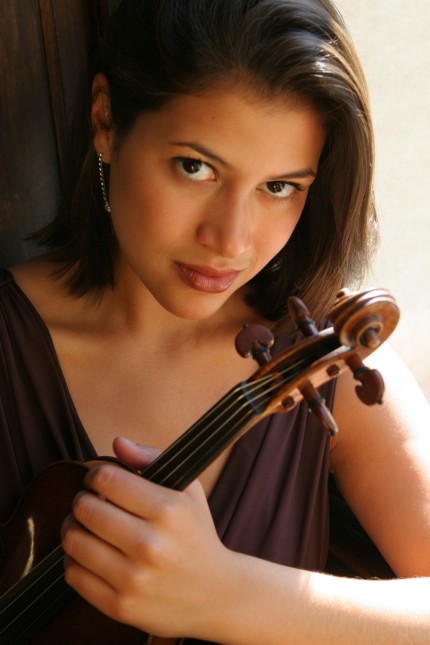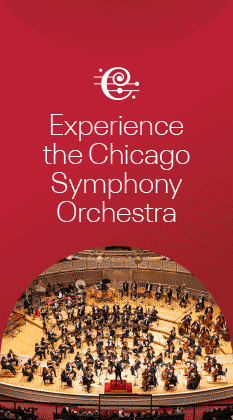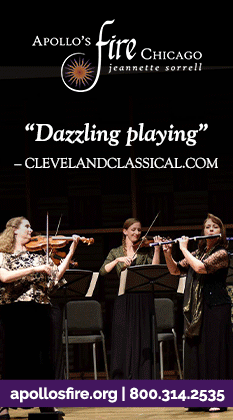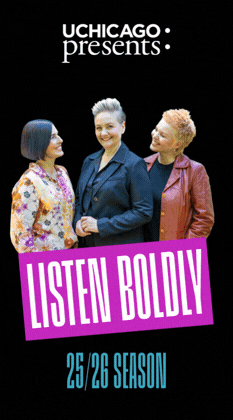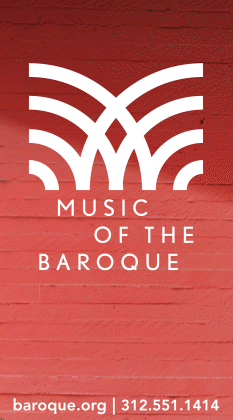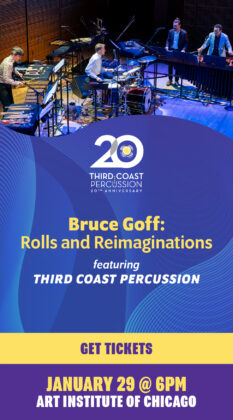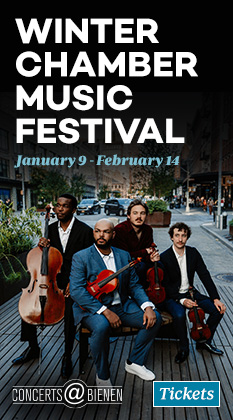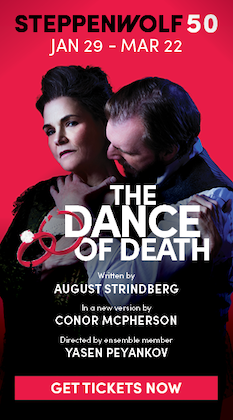Elder, CSO bring sterling advocacy to Elgar’s majestic Second Symphony
One would have thought that after Mark Elder’s stellar podium leadership in last May’s Dvorak Festival, the English conductor’s return in a program of his countrymen’s music would prove surefire box office. But, whether it was the holiday weekend or a lack of enthusiasm for English music, or both, Thursday night’s Chicago Symphony Orchestra concert at Orchestra Hall looked like one of the most sparsely attended events of the season.
That’s unfortunate because Elder is one of the most gifted and engaging of CSO guest conductors and his performance of a trio of populist—yet locally neglected—works provided idiomatic advocacy and music-making on a consistently inspired level.
It’s been 26 years since Sir Edward Elgar’s Symphony No. 2 was last performed by the CSO (Leonard Slatkin on the podium), an extraordinarily long lapse for one of the richest of Late Romantic symphonies.
Some stateside critics continue to dismiss Elgar’s music as a vaguely disreputable artifact of the last days of the British Empire, excessive in length and forces with a slightly musty air of Pomp and Circumstance swagger.
Yet Elgar’s two symphonies are magnificent works. Written on the grandest scale, the Second is arguably his finest achievement, a majestic canvas that offers a well-rounded view of the complex Elgar, characteristic in its mix of energetic confidence and introspective lyricism.
Completed in 1911, the Second is also a work of its time, with a Scherzo that veers suddenly from nervous high spirits to a dark, frenzied terror, seeming to anticipate storm clouds on the European horizon. The coda’s reflective nostalgia feels like a wistful backward glance at a disappearing England, with the sun setting on the Edwardian era.
Yet it is the epic Larghetto that is the heart of the symphony—outwardly an elegy for King Edward VII, yet also reflecting Elgar’s sadness at the death of a close friend, Alfred Rodewald—reaching an extraordinary depth of expression that moves beyond a valedictory quality to attain a stoic strength and eloquence.
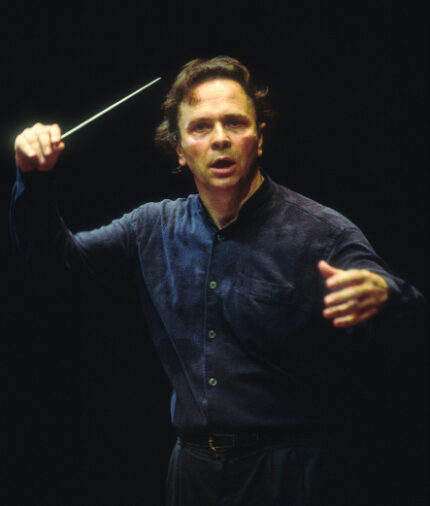
Elder, music director of the Halle Orchestra—an ensemble with a rich Elgar tradition dating back to Sir John Barbirolli— showed he has the full measure of this nearly hour-long score. The conductor judged Elgar’s challenging ebb and flow skillfully and drew out the expressive elements without sacrificing forward momentum.
The CSO played with characteristic technical gleam and virtuosity though Thursday’s performance had some tentative moments and the musicians didn’t always sound entirely at home in this repertoire—unsurprising, considering the orchestra hasn’t played this score in a quarter-century. Still all the big moments registered, with a deeply affecting Larghetto, and Elder and the musicians conveying the ache in the sunset glow of the coda beautifully.
If the long neglect of Elgar’s symphony at Orchestra Hall is surprising, it’s almost unbelievable that Thursday also marked the first CSO performance of Ralph Vaughan Williams’ The Lark Ascending.
Most violinists would likely prefer to make their Chicago Symphony debut with a splashy concerto but in its intimate fashion, Elena Urioste’s performance of Vaughan Williams’ gentle tone poem was as compelling as any Romantic barnburner.
From the hushed rustle of her opening bars, the 20-year-old violinist played with inward delicacy and expressive poise, her communicative performance aided by the sweet, penetrating sound of the $18 million “Vieuxtemps” Guarneri, on loan from the Stradivari Society for these concerts. In the closing cadenza, Urioste’s barely audible fade into the distance could not have been more sensitively rendered, the young soloist winnowing her tone to a barely audible filagree. Urioste’s poetic performance was aided by equally idiomatic and atmospheric support by Elder and the orchestra, particularly Daniel Gingrich’s evocative horn solo.
Wildly overpraised by a partisan British musical press in his lifetime, Sir Michael Tippett’s stock has declined rather precipitously since his death in 1998.
The early Concerto for Double String Orchestra avoids the pretensions and trendy polemics of his late works. Yet even when Tippett is at his most accessible—and there is undeniable facility to his writing for two opposing string ensembles—there is a strained, dour quality to his music that remains off-putting. Even the slow movement, which contains one of the composer’s more attractive melodic inspirations, goes on far too long in its meandering.
In his spoken introduction, Elder talked with conviction of Tippett and his music, and elicited a vigorous performance from the CSO strings, without entirely avoiding a certain dogged quality in the astringent joie de vivre. Robert Chen and Kenneth Olsen provided admirable violin and cello solos in the Adagio.
The program will be repeated 8 p.m. Saturday and 7:30 p.m. Tuesday. www.cso.org; 312-294-3000.
Posted in Performances

